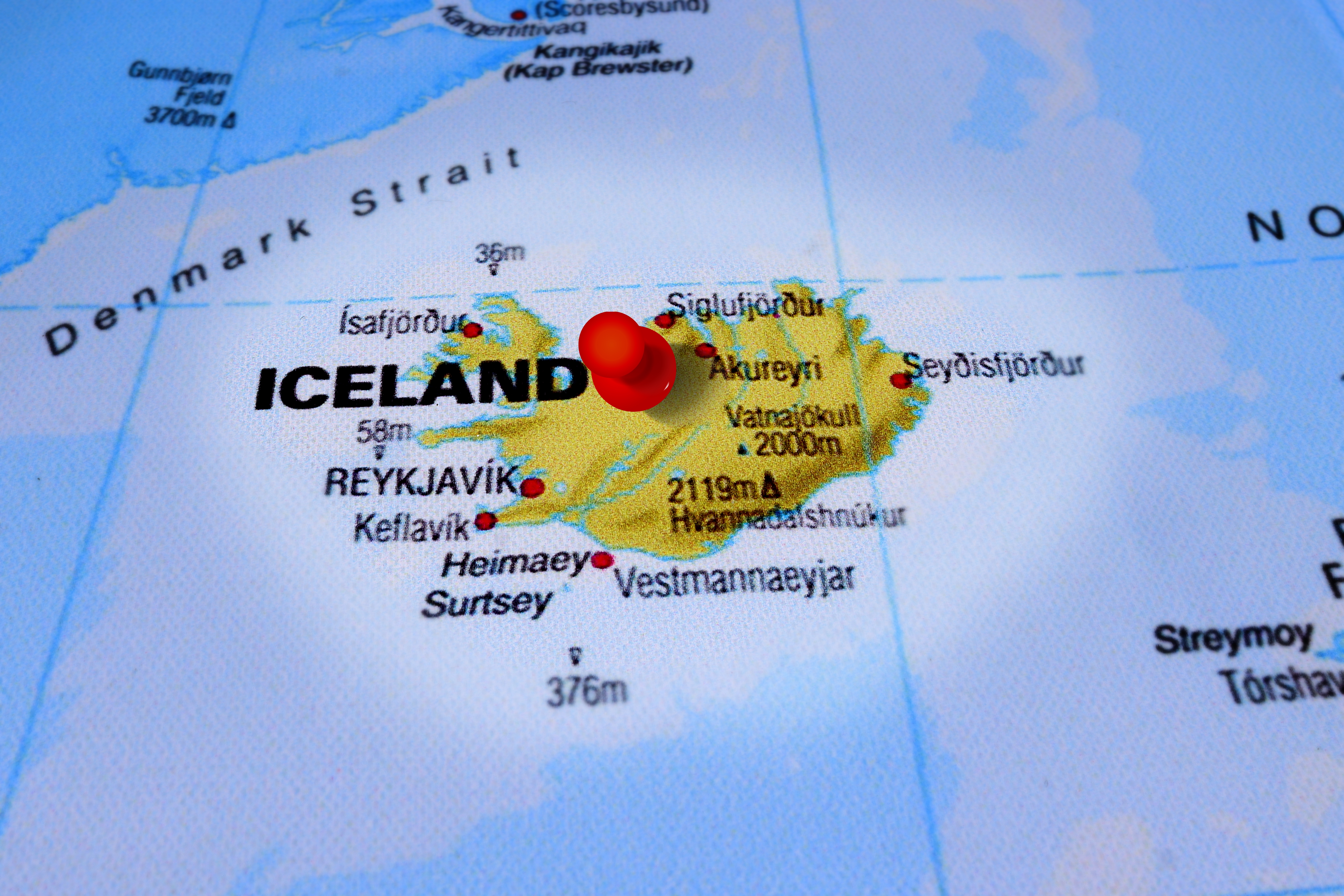- Danish pension provider PFA has announced that it is now offering free psychological counselling to all customers affected by the current conflict in the Middle East.
Employees, elected representatives, HR departments and management are able to use the new PFA hotline, where authorised crisis psychologists are ready to provide advice and tools to handle the situation. The hotline was established in collaboration with the Danish Crisis Corps. PFA has also previously established similar crisis hotlines in connection with, among other things, the war between Hamas and Israel, the earthquake in Turkey and the shooting in Fields, Copenhagen. Commenting on the offering, PFA head of strategic health, Rikke Bay Haaber, said: "The terrible situation in the Middle East can be a great mental strain for those who have roots in Iran and Israel or are otherwise connected to the area, and it can be crucial to talk to a crisis psychologist. At the same time, there may be managers or HR managers who need sparring on how to best approach an employee who has the conflict close to their lives."
- Women's financial confidence is declining further, research from Kantar Sifo Prospera, on behalf of the Swedish Fund Management Association, has revealed.
The survey found that nearly one in four (24 per cent) women believe that they have less knowledge than average when it comes to savings and personal finances, a 5 percentage point increase since last year. In contrast, the survey showed that men's financial self-confidence has remained high, as nearly one in three (31 per cent) men believe that they have better knowledge than average. Commenting on the findings, Swedish Fund Management Association fund economist, Rebecca Jansson, said: "About as many women as men save in funds. But it is worrying that women's self-confidence is declining, as the consequence could be that they do not dare to make investment decisions and then risk falling behind financially. A time characterised by political unrest and stock market turbulence could be an explanation for why women's self-confidence has declined. But not least in troubled times, it is important to continue saving regularly."
- The proportion of women on Swedish listed company boards has reached a new high, the Second AP Fund's (AP2) Women's Index 2025 has revealed.
According to this year's update, the proportion of female board members has increased to 36.5 per cent, the highest level since the measurements began in 2003. In addition to this, the proportion of women on the board of large-cap companies has passed the 40 per cent mark for the first time – a level often defined as equal gender distribution. Of all 361 companies in the survey, 46 per cent reached the level of 40 per cent female board members, which is a "significant" increase from 2024, when 41 per cent of companies had gender-balanced boards according to this definition. Commenting on the findings, AP2 CEO, Eva Halvarsson, said: “We are seeing a positive trend towards better gender equality in boardrooms, which can probably be partly explained by the EU directive on more equal gender distribution coming into force next year. Even in management teams, developments are moving in the right direction, albeit at a slower pace.”
- The Swedish insurance and occupational pensions association, Svensk Försäkring, has suggested that Sweden has the potential to become a leading force in sustainable energy if greater certainty can be provided for investors.
Speaking at a Skyborn Renewables event, Svensk Försäkring sustainability manager, Gerda Kinell, argued that the current political uncertainty and lack of decisions are creating hesitation among investors in Sweden. In particular, she said that the government's rejection of 13 offshore wind projects in the Baltic Sea has created a "deadlock" in development. She also warned that, despite the projects having been investigated, decisions are on hold, which has led to players reducing their presence and investors looking to other markets."Our members want to invest in sustainable development, but this requires stable and long-term conditions," she stated. "Today, energy policy is perceived as unpredictable, which inhibits the willingness to invest."
Latest News
-
Swedish govt tasks SPA with introduction of surplus mechanism
-
Rising interest rates and market gains lift Dutch pension funding ratios in Q3
-
Keva’s investments return €2.4bn in first three quarters of 2025
-
Spanish pension plan assets rise €2.1bn in first three quarters of 2025
-
News in brief: 24 October
-
Provisum joins growing list of Dutch schemes delaying transition
Podcast: Stepping up to the challenge

In the latest European Pensions podcast, Natalie Tuck talks to PensionsEurope chair, Jerry Moriarty, about his new role and the European pension policy agenda
Podcast: The benefits of private equity in pension fund portfolios

The outbreak of the Covid-19 pandemic, in which stock markets have seen increased volatility, combined with global low interest rates has led to alternative asset classes rising in popularity. Private equity is one of the top runners in this category, and for good reason.
In this podcast, Munich Private Equity Partners Managing Director, Christopher Bär, chats to European Pensions Editor, Natalie Tuck, about the benefits private equity investments can bring to pension fund portfolios and the best approach to take.
In this podcast, Munich Private Equity Partners Managing Director, Christopher Bär, chats to European Pensions Editor, Natalie Tuck, about the benefits private equity investments can bring to pension fund portfolios and the best approach to take.
Mitigating risk
BNP Paribas Asset Management’s head of pension solutions, Julien Halfon, discusses equity hedging with Laura Blows
© 2019 Perspective Publishing Privacy & Cookies







Recent Stories